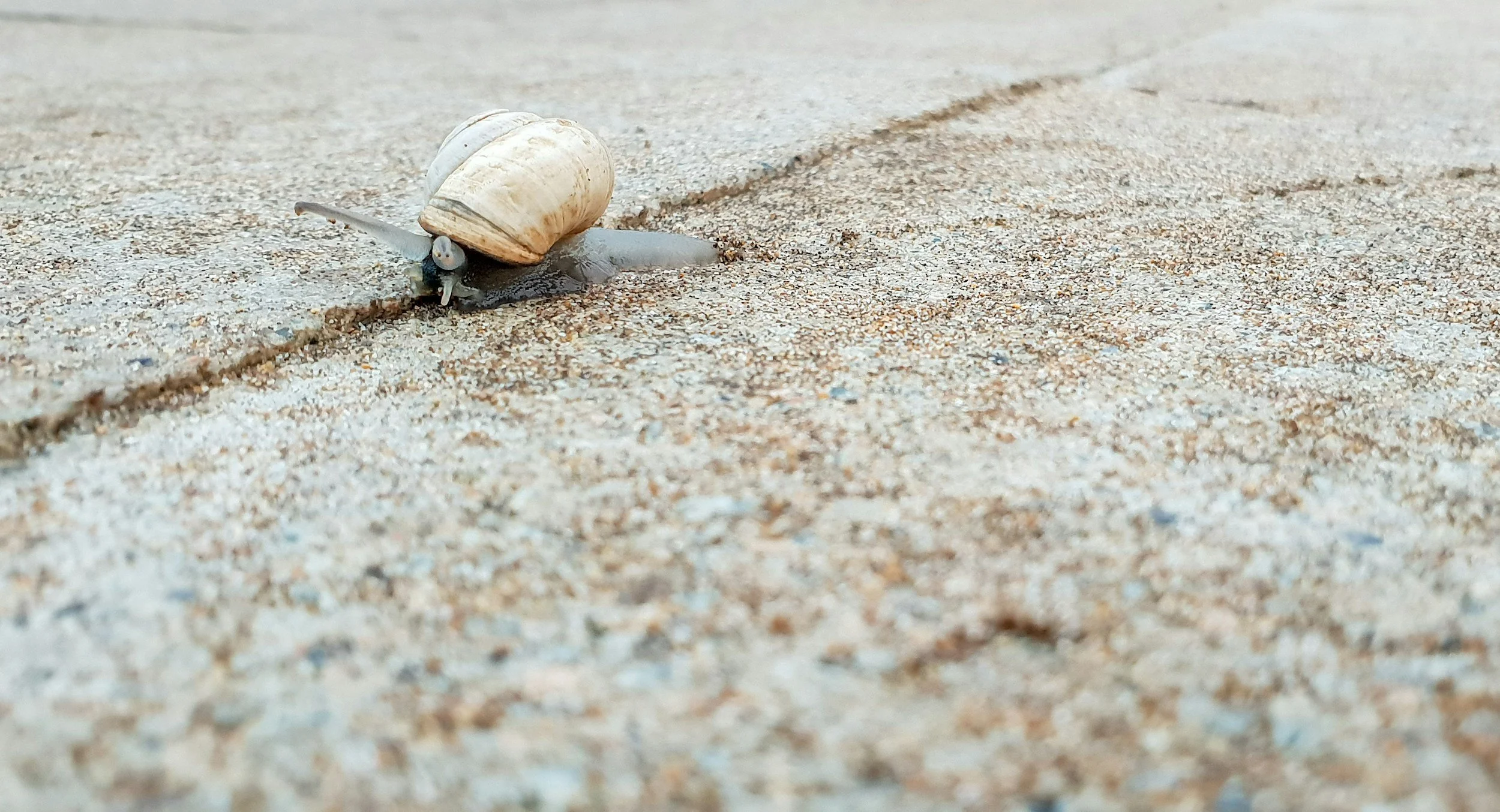Wonderful Christmastime: The Science of Small Joys in a Heavy Season
Paul McCartney’s Wonderful Christmastime may not be the most profound holiday song, but its effortless cheer reveals something essential about how humans cope during heavy seasons. Research over the past several years consistently shows that small, positive emotional experiences (what some scholars call “micro joys”) produce measurable physiological effects. Even moments lasting only a few seconds can lower cortisol, increase dopamine, strengthen immune function, and improve cognitive flexibility. These small shifts do not erase hardship; they expand a person’s capacity to move through it. In healthcare settings, this matters deeply. Patients and caregivers often feel pressure to generate hope in dramatic ways, yet the nervous system relies on something far simpler. A warm mug. A familiar scent. A lifted melody. A sentence that cuts through confusion. These micro experiences act as brief emotional recalibrations. Studies from the pandemic years showed that even two to five minutes of positive affect improved coping and reduced physiological stress. Clinicians, too, benefit from tiny social and sensory resets that restore presence and lower emotional overload. Wonderful Christmastime captures that dynamic. It is uncomplicated, light, and disarming; an emotional interruption that changes the temperature of a moment. In seasons of strain, sometimes the most clinically meaningful act is simply having this moment.
Obedience, Not Outcome: The Humble Medicine of Everyday Care
George MacDonald challenged the idea that truth must justify itself through immediate or dramatic results. He taught that truth is known in the doing, through steady faithfulness. Healthcare often struggles with a similar expectation. We tend to equate healing with rapid improvement, clear lab changes, and visible progress. Yet for many people living with chronic illness, healing is not an event but a daily practice. It shows up in refilling medications, attending appointments, and continuing routines that sustain health even when change is gradual. These ordinary acts are forms of hope in motion.
Public health models now recognize this reality. Approaches that emphasize self-efficacy and continuity acknowledge that sustained engagement shapes outcomes as much as clinical intervention. Precision public health directs attention and resources toward those who most need them, allowing care to adapt to real lives rather than asking people to fit rigid systems.
This is true for clinicians as well. Burnout often arises when effort feels disconnected from meaning. When care is reduced to throughput, the deeper purpose of the work becomes obscured. MacDonald reminds us that presence, patience, and integrity are not peripheral to healing. They are part of the healing itself.
The Light That Learns Our Name: MacDonald’s Phantastes and the Formation of Clinical Attention
“She seemed to shine with an inward light, but the marble gleamed through it like the white tone through the flush of the rose.”
—George MacDonald, Phantastes
There is a moment in Phantastes when Anodos encounters a marble woman in a quiet glade. The figure appears still, yet undeniably alive; carved form and living presence intertwined. He senses that there is more before him than he can understand, but his sight is not yet prepared for such recognition. MacDonald is not illustrating ignorance. He is illuminating development. Perception, in his world, is something the self must grow into. Modern healthcare lives within the same tension. Clinicians and patients sit together every day, exchanging symptoms, explanations, and plans. Yet both can walk away unseen and unseeing. The chart may be complete, and still the story misunderstood. A diagnosis may be accurate, yet the meaning of illness remain unspoken. To care well is not only to know, but to learn to see… to cultivate the ability to notice what is quiet, interior, or unfolding. This requires attention. It requires time. It requires companionship. The work of healing begins not with expertise alone, but with perception that is continually being formed.
The Final Adventure & dying Well
We live in an age obsessed with preservation. We count our steps, monitor our sleep, and stretch our lives longer than any generation before us. And yet, paradoxically, cancer is rising in the young, anxiety is everywhere, and many of us are living longer without feeling more whole.
Perhaps the goal was never just longevity. Perhaps healing was always meant to include peace.
“To die will be an awfully big adventure,” Peter Pan says — but maybe the real adventure is learning how to live and die well at the same time. Because death isn’t the opposite of life; it’s the frame that gives life its meaning. And when we learn to face it with curiosity and presence, even the end becomes part of the story worth telling.
The Conversation We Avoid: Confronting Death in Modern America
Most people want to die at home—but few do. This post explores why modern healthcare avoids talking about death, how that avoidance causes harm, and what it looks like to lead these sacred conversations with care and clarity.






